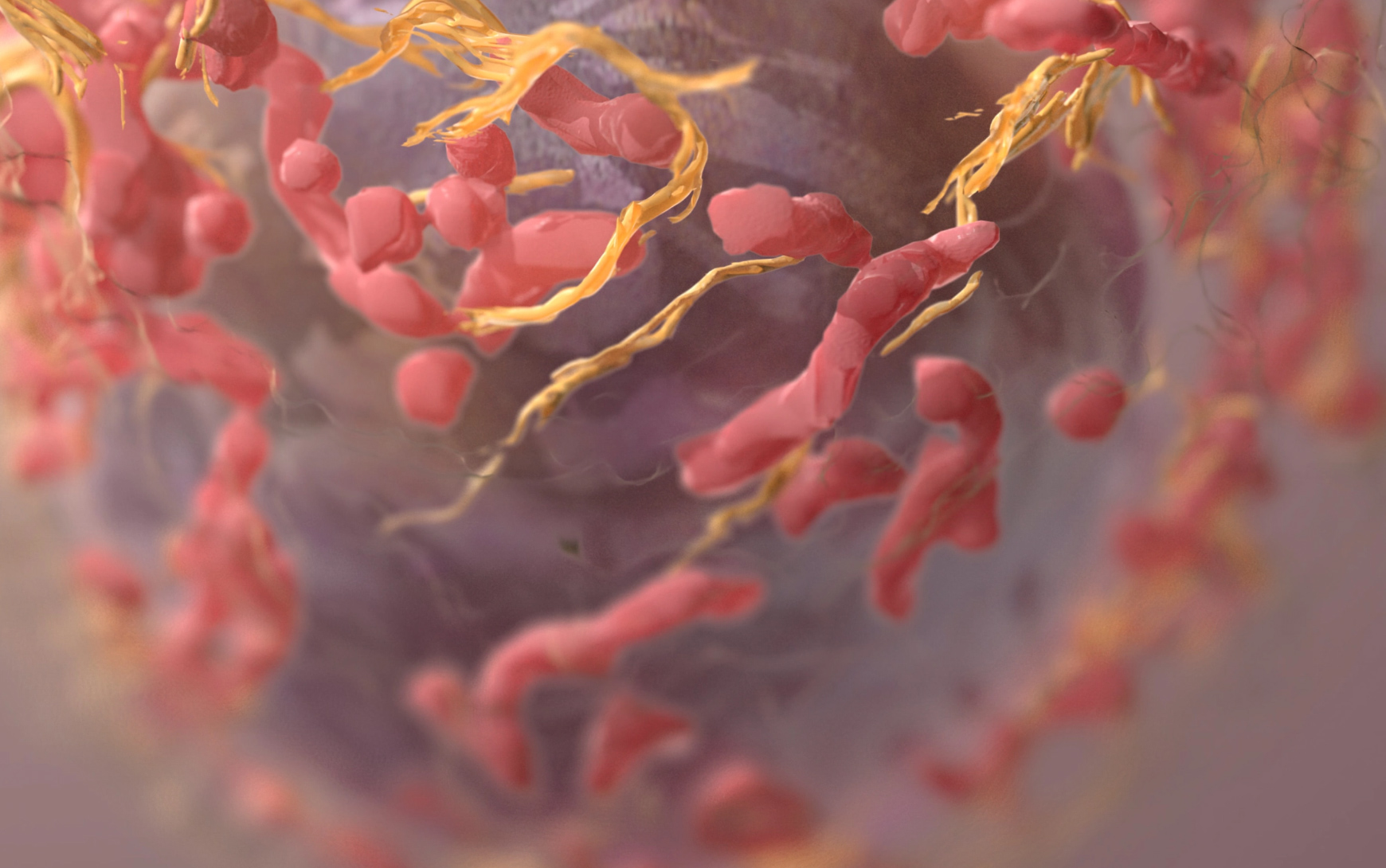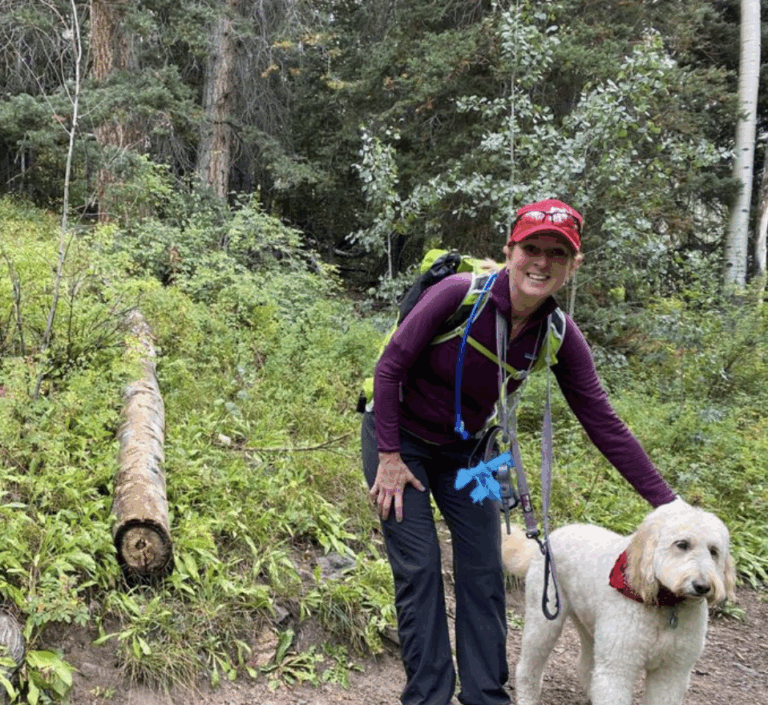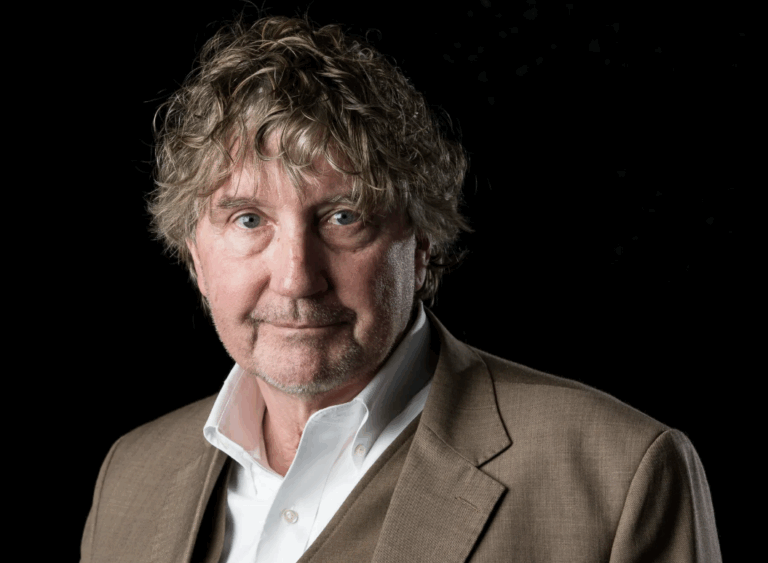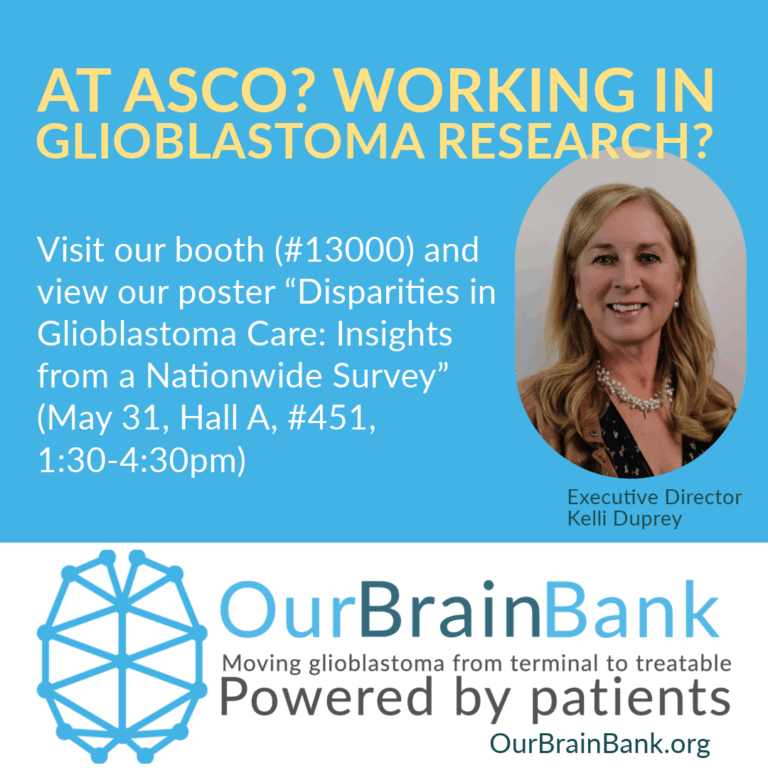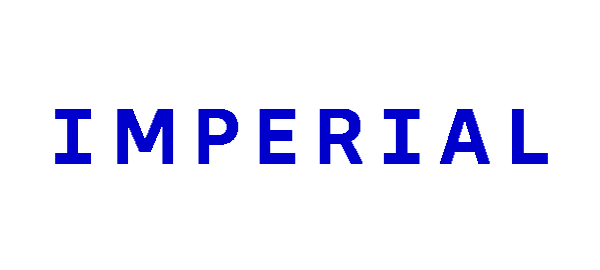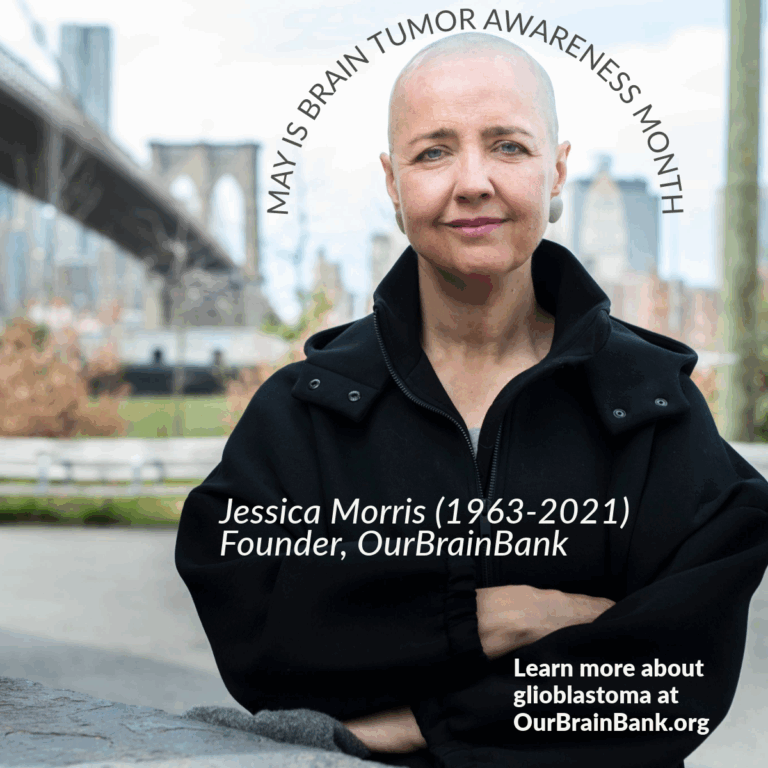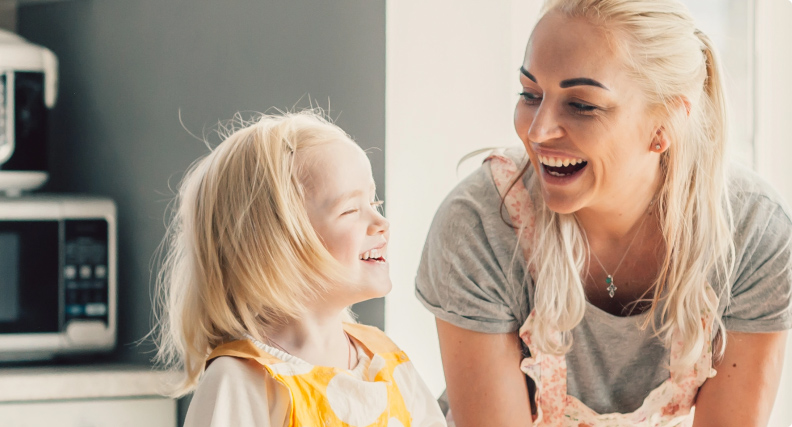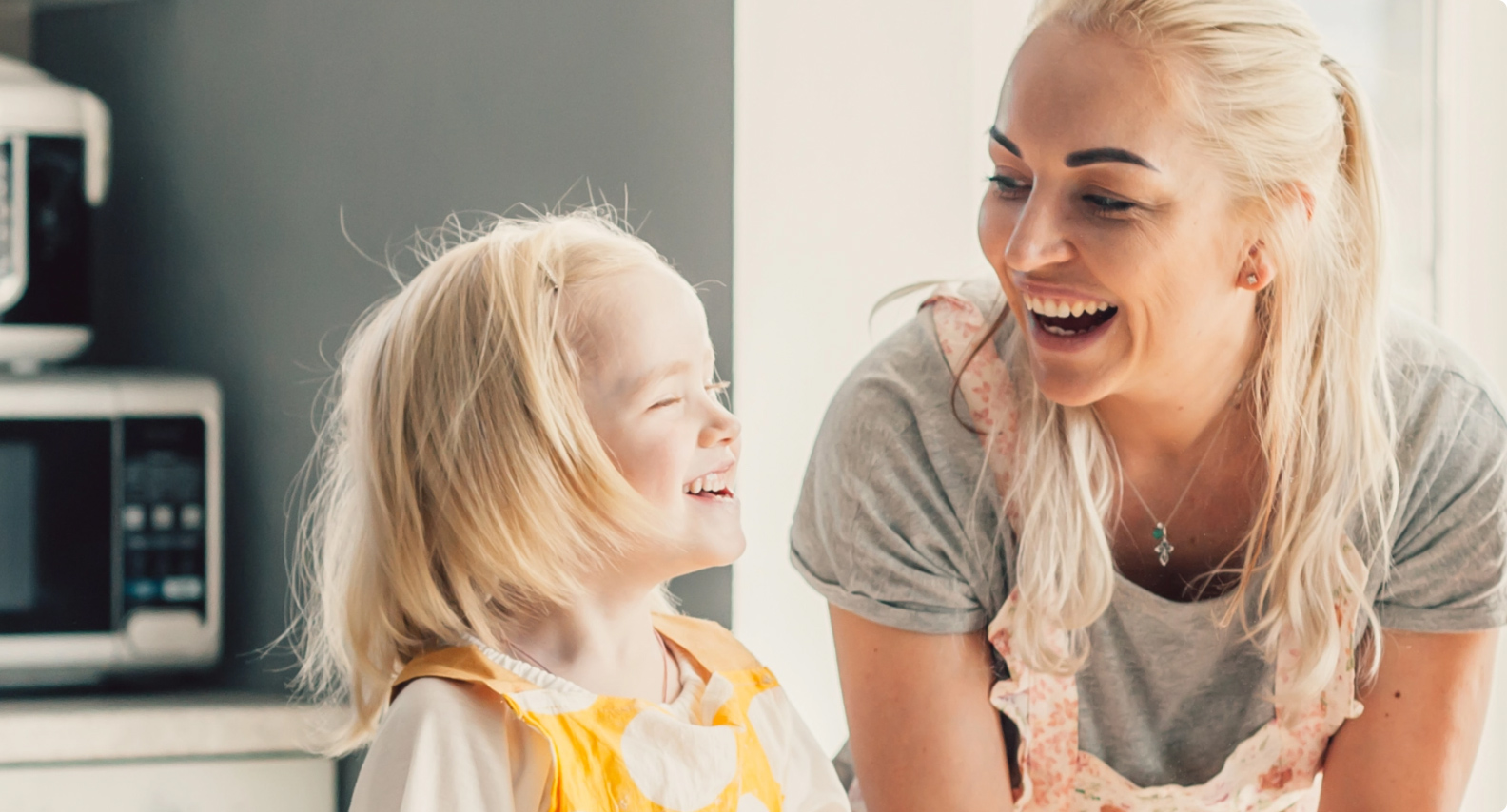OurBrainBank is excited to be working with Harvard scientists on a project that will effortlessly generate valuable data directly from volunteers. We’re proud to partner with neuro-oncologists at the Dana-Farber Cancer Institute and data scientists at the Onnela Lab at the Harvard T.H. Chan School of Public Health.
The project uses “passive data” — that is, data automatically generated on smart phones. We’re constantly generating data waiting to be captured and studied — eg number of calls or texts, physical mobility, or sleep patterns. This data can indicate how mobile we are, how connected we are to friends and family or, conversely, how isolated we are. Ultimately, our vision is to potentially help patients and doctors predict tumor recurrence prior to physical symptoms or the next MRI.
People with GBM are often left out of discussions about their own health journey. Our goal is that the GBM patient voice is incorporated into every clinical trial, all aspects of research, and all stages of treatment development.

